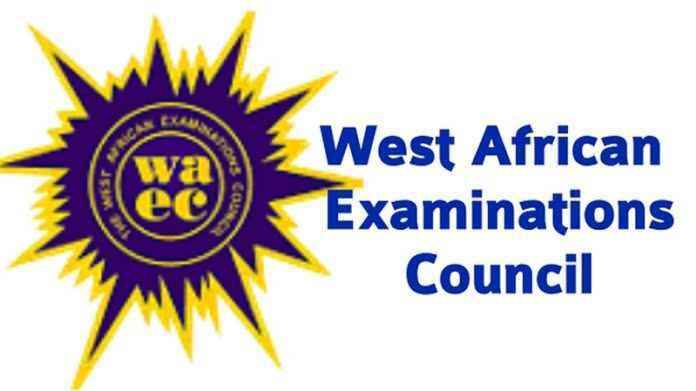ABUJA: The House of Representatives on Thursday called on the Federal Ministry of Education to ensure that public schools are well equipped before implementing the planned Computer-Based Testing (CBT) by the West African Examinations Council (WAEC) in 2026.
The lawmakers stated that it is imperative to first equip schools with computers, stable power supply, internet connectivity, and empower teachers to use digital examinations before implementing CBT for WAEC, warning that doing otherwise could trigger widespread failure among students.
WAEC is the body that conducts the West African Senior School Certificate Examination (WASSCE) for students in Ghana, Nigeria, Sierra Leone, The Gambia, and Liberia. The examination body plans to introduce CBT for its SSCE in 2026.
But officially reacting to the controversial policy, the federal lawmakers cautioned the Ministry of Education and WAEC to first look into the facilities that could make the policy successful.
The position of the lawmakers followed the adoption of a motion by Hon. Kelechi Wogu titled, “Need for Intervention to Avert the Pending Massive Failure of Candidates Intending to Write the 2026 WAEC Examination Using Computer-Based Testing (CBT), Capable of Causing Depression and Deaths of Students,” which expressed concerns over the preparedness of schools nationwide.
He said:
“The House is cognisant that computer-based examination requires a fully furnished hall with functional computers, internet facility, constant electricity supply, be it from the national grid or a standby generator.”
He disclosed that about 25,500 schools across Nigeria have candidates writing the 2026 examination, scheduled from March to July 2026.
Expressing pessimism over the preparedness for CBT WAEC 2026, Wogu told his colleagues that, “Most of the schools in the urban areas and in the rural areas do not have functional computers nor computer teachers, and as a result, they have not used computers before.”
Recall that WAEC had secured the backing of the Federal Government to conduct the 2026 May/June examination using computers, following the partial rollout of the model for private candidates in 2024. The policy had generated widespread criticism, with some people describing it as “putting the cart before the horse.”
Wogu flashed back to how the WAEC result portal experienced technical glitches that left candidates distressed in 2025, questioning the council’s readiness for a full CBT transition.
“Computer-based examinations require fully equipped halls with functional computers, internet access, and reliable electricity either from the national grid or standby generators,” he said.
He recommended a minimum of three years of preparation before the policy is fully implemented, targeting the 2029–2030 academic session.
The House unanimously adopted the motion and mandated its Committees on Basic Examination Bodies, Digital and Information Technology, Basic Education and Services, and Labour, Employment and Productivity to interface with relevant stakeholders in the education and technology sectors. They are expected to report back within four weeks for further legislative action.
Join EdubaseNG WhatsApp Channel to get the latest education & student loan tips
Join our Telegram Channel to get the latest news about Student Loans & Education News.
Are you a stakeholder in education? You can become our guest writer. Write to us using our our email address here




